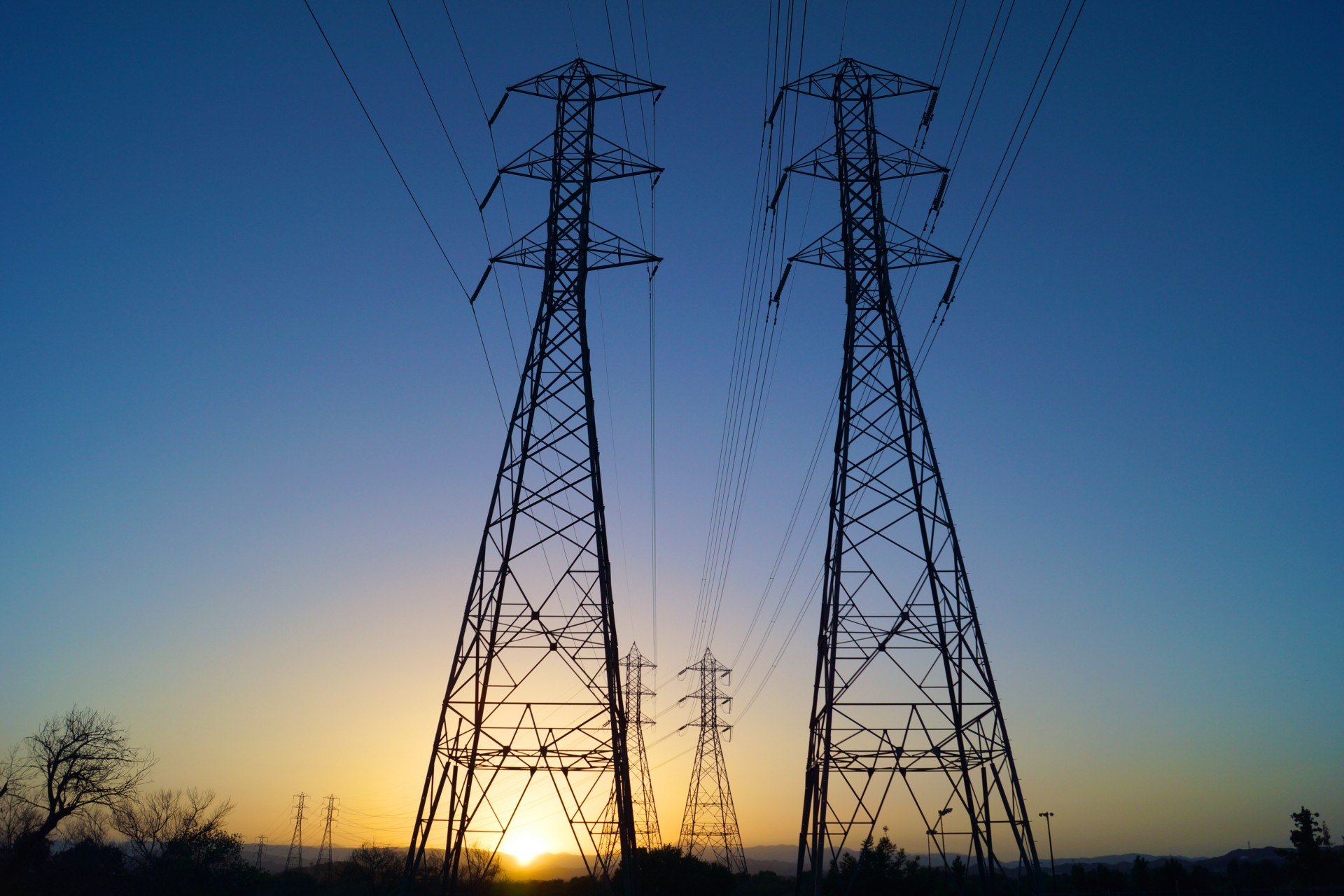In an effort to better plan transmission schemes, the Tamil Nadu Generation and Distribution Corporation (Tangedco) has sought a comprehensive all-India joint study, involving all renewable energy-rich regions.
The State power utility has submitted its comments on the report published by the Central Electricity Authority on the transmission systems for integration of over 500 gigawatts of renewable energy by 2030, according to a Hindu report.
Transmission network expansion
The report has estimated a cost of ₹2.44 lakh crore for the transmission schemes, the report added. In the southern region, it has proposed an Inter-State Transmission System (ISTS) network expansion in Nizamabad, Medak, Rengareddy in Telangana and Bijapur in Karnataka at an estimated cost of ₹6,570 crore.
Tangedco emphasized the importance of a comprehensive study by the Central Transmission Utility of India Limited to accurately assess the transmission requirements. This study should include an analysis of state-wise generation capacity additions.
To achieve this, the study must simulate scenario-based analyses, carefully accounting for the renewable energy capacities in different regions. This is necessary because renewable energy generators in one region often serve beneficiaries in other regions, and vice versa, potentially resulting in redundant transmission capacity additions.
According to Tangedco, the proposed plans for evacuating renewable energy demand a thorough analysis and examination to ensure an economically and efficiently designed system for seamless evacuation of green power.
Tangedco pointed out that it is evident from the report that there is adequate ISTS transmission capacity as on date to integrate 33,658 MW of renewable generation capacity. However, there is no plan detailed to utilise the surplus transmission capacity. The report has considered neither the capacities embedded in the State Transmission Utility network fully nor the net demand for each State. Tangedco said its transmission charges liability is 8.1% of the total national pool, according to the Sharing Regulations, 2020.
Tangedco stated that the tariff of schemes developed for renewable energy is divided between the national component, and the company is responsible for paying its share of the charges accordingly. To avoid burdening the State distribution companies and consumers, Tangedco emphasized the need to review the transmission schemes based on realistic assumptions and factual data, rather than creating redundant transmission assets. The goal is to ensure a more efficient and cost-effective approach to benefit all stakeholders involved.

